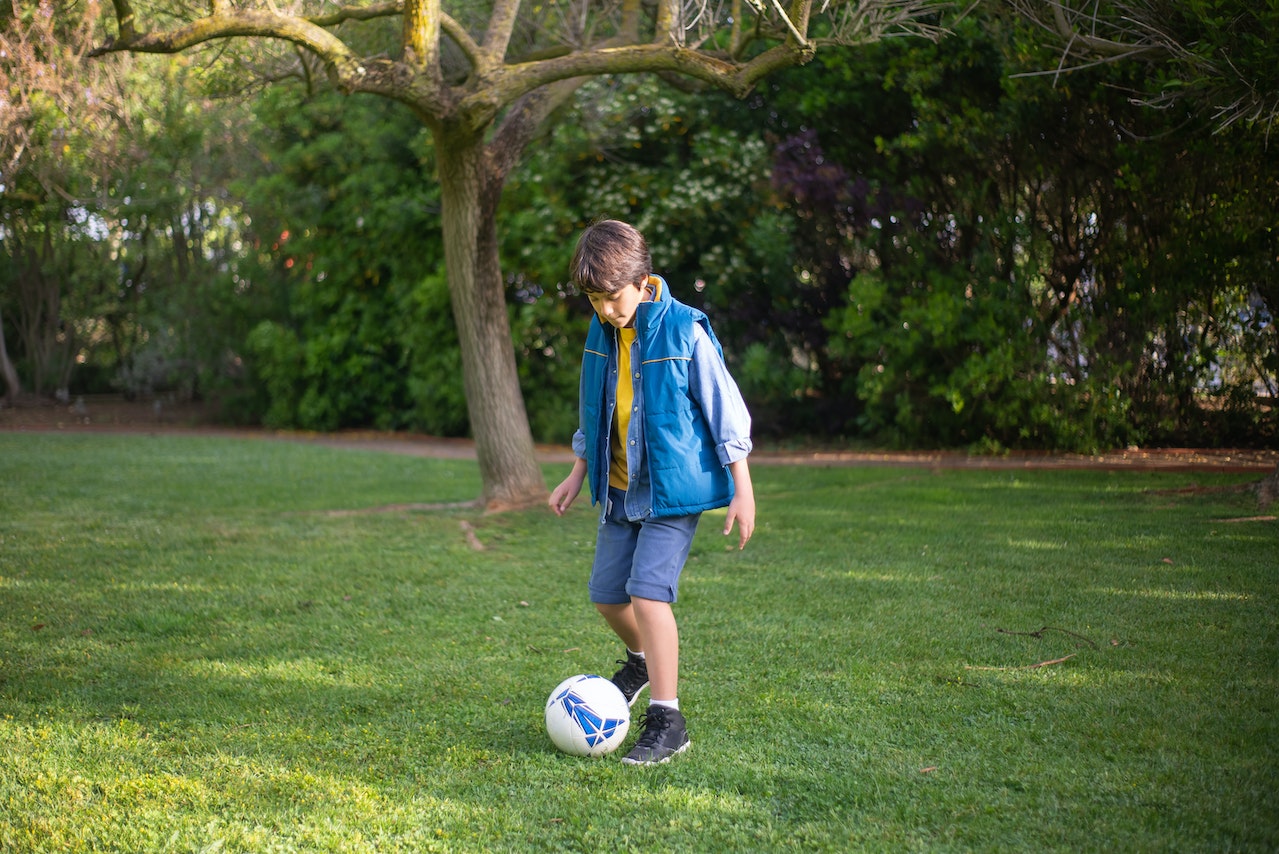
There’s been one thing that has become clear to me through having kids that is missing in my life (and the life of many other people I know). Sound sleep, money in the bank, and a leisure day at the pool are all missing from my life as a parent, but I’m not talking about those things.
This one thing missing from my life as an adult is something that I make sure is apart of my kids’ lives. It’s one thing that I’ve always budgeted for, allowed time for, and protected against other options.
And that’s play time.
Even when they were infants, I followed the structured schedule of eat, play, sleep. And as they grew up, I made sure that not only did they have play dates but they also were involved in extracurricular activities. They’ve tried everything from gymnastics to dance to soccer to drama to horseback riding.
And as their mom, I knew that play was vital to their health. But this post isn’t about how you need to make sure to incorporate play into your kids’ lives (although that is good). This post is about making sure you incorporate play into your life as a parent.
Play is important for parents, too.
I remember exactly when play was removed from my diet as an adult. It was college graduation. From that point forward, I knew that my time had to be consumed with work. Fast forward 10 years when my oldest was born and play felt like something only the lucky ones got to do. I couldn’t even think about what I would do for fun if I had the time to have fun. Growing up, I played the piano, loved to walk or run, and play tennis. But as an adult, none of that exists in my life. Fun and play seem like a luxury that I can’t afford.
Benefits of Play
I started looking around at other people that seemed to be happy in life—people who seemed to be wholehearted, and so many of them incorporated some aspect of play. Psychiatrist and researcher Dr. Stuart Brown explains that play shapes our brain, helps us foster empathy, and helps us navigate complex social groups and is at the core of creativity and innovation.
Isn’t that fascinating? And don’t we want all those things? As we became adults, we forced play out of our lives thinking we had to choose between work and fun. But from this research, we can argue that play is essential to our health.
Play benefits both our work and our relationships. Dr. Brown goes on to say that “the opposite of play isn’t work—the opposite of play is depression.” That is a powerful statement.
I don’t think I’m the only one who has believed play was useless as an adult. In our culture, we are conditioned to believe that what we do is essential to our self-worth. But the truth is we don’t value play because there is no bottom line to play. It doesn’t necessarily bring in money at the end of the game.
Prioritize Your Need for Play
But what if we guarded our need for play the same way we guarded that for our kids? After a long day at school, I make sure my kids have time to play in ways that make their hearts happy.
What would it look like if you did the same for yourself, knowing that play can make you healthier and able to be more present in both your work and home relationships?
The challenge for myself and for you on the brink of summer is to think about what you can do for fun for the sake of fun? What would you do for fun simply because you want to?
Maybe it’s . . .
Playing hopscotch with your kids
Going to a baseball game
Playing kickball with the neighborhood kids
Sitting down at the piano
Talking a hike one weekend
Your budget will look different in different seasons, but I want to challenge you (and me) to think about allocating some money every month to a PLAY budget. Maybe you decide to finally take horse-riding lessons for yourself. Or you decide to take that hip-hop dance class. Maybe you decide to purchase that paddle board. Summer is the perfect opportunity for parents to bring in play, too. Whether you can spend money or not, make every effort to prioritize play. Each week, plan to do one thing for fun.
And don’t forget, when we prioritize play for us as parents, our kids will notice. Our kids are growing up in the same culture that values exhaustion as a status symbol. But as they see their parents choosing a healthy approach to play, fun, and rest, your kids will will grow up learning to choose it as well.
Related Articles:
The Benefits of Play for Adults
Play Isn’t Just for Preschoolers, It’s for Teenagers, Too




